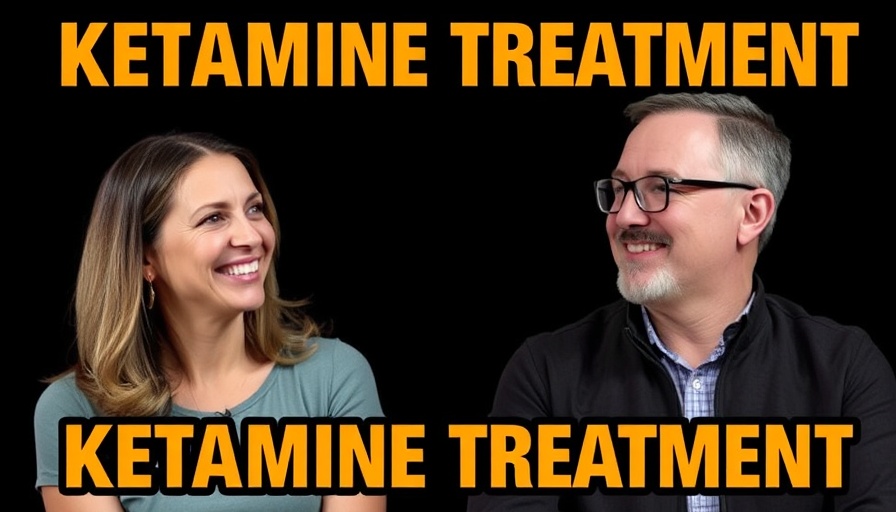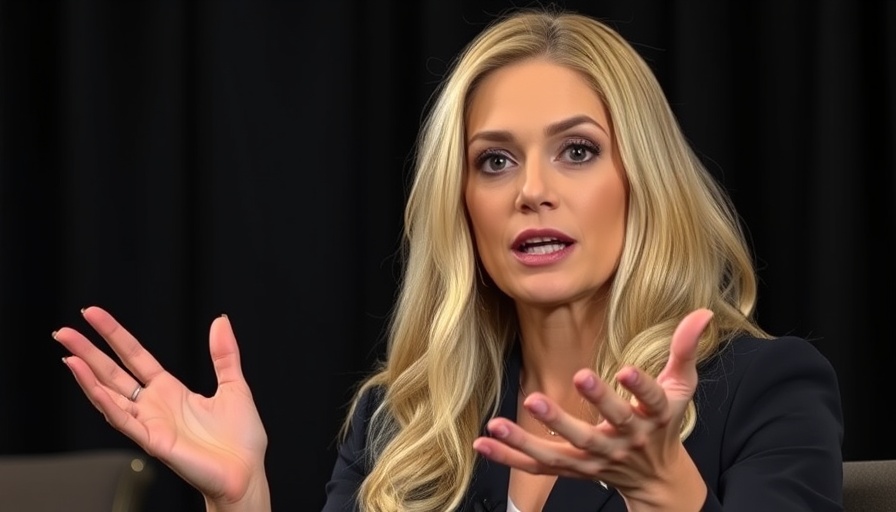
Planning for Life: Why Birth is Celebrated But Death is Overlooked
In our society, we plan for the joyful occasion of birth with great detail—from selecting names to organizing nursery themes. Yet, when it comes to death, discussions often stall. The video "Why We Plan Birth but Not Death" draws attention to this disconnect, raising important questions about our attitudes toward life’s ultimate end. While we celebrate beginnings, are we neglecting to prepare for the inevitable endings?
In "Why We Plan Birth but Not Death," the discussion dives into societal norms around celebrating life and neglecting end-of-life planning, prompting us to consider its implications.
The Human Experience: A Shift in Mindset
Life and death are two sides of the same coin, yet why do we plan so meticulously for one and casually disregard the other? Embracing the idea of death can pave the way for richer connections in life. Preparing for death doesn’t mean surrendering to despair; rather, it allows for more intentional living. By discussing death openly, we cultivate mindfulness and resilience, enhancing our overall well-being.
Underlying Science: Emotional and Physical Connections
Modern longevity science offers insights into how facing our mortality can actually promote better health. Practices such as mindfulness meditation can reduce anxiety about death, while strategies like intermittent fasting and ketogenic diets help optimize our physical health. This dual focus on mental well-being and nutrition reveals a compelling connection. Addressing our fears around death may improve not only our emotional state but our biological health as well.
Changing Perspectives: Biohacking Our Final Chapter
Adapting biohacking methods like nootropics for mental clarity and cold therapy for physical resilience could reshape how we approach aging and death. We can be proactive rather than reactive concerning our mortality. This proactive approach encourages us to harness energy and vitality, thereby increasing our quality of life as we age. By embracing tools for personal optimization, such as understanding mitochondrial health and employing functional fitness in our daily routine, we can enhance both how we live and how we approach death.
As we reflect on our views about life and mortality influenced by the perspective from "Why We Plan Birth but Not Death," we should consider how we can create a more balanced view. Understanding our end-of-life preferences and sharing those insights with loved ones can encourage deeper connections and ultimately secure a more meaningful legacy.



Write A Comment